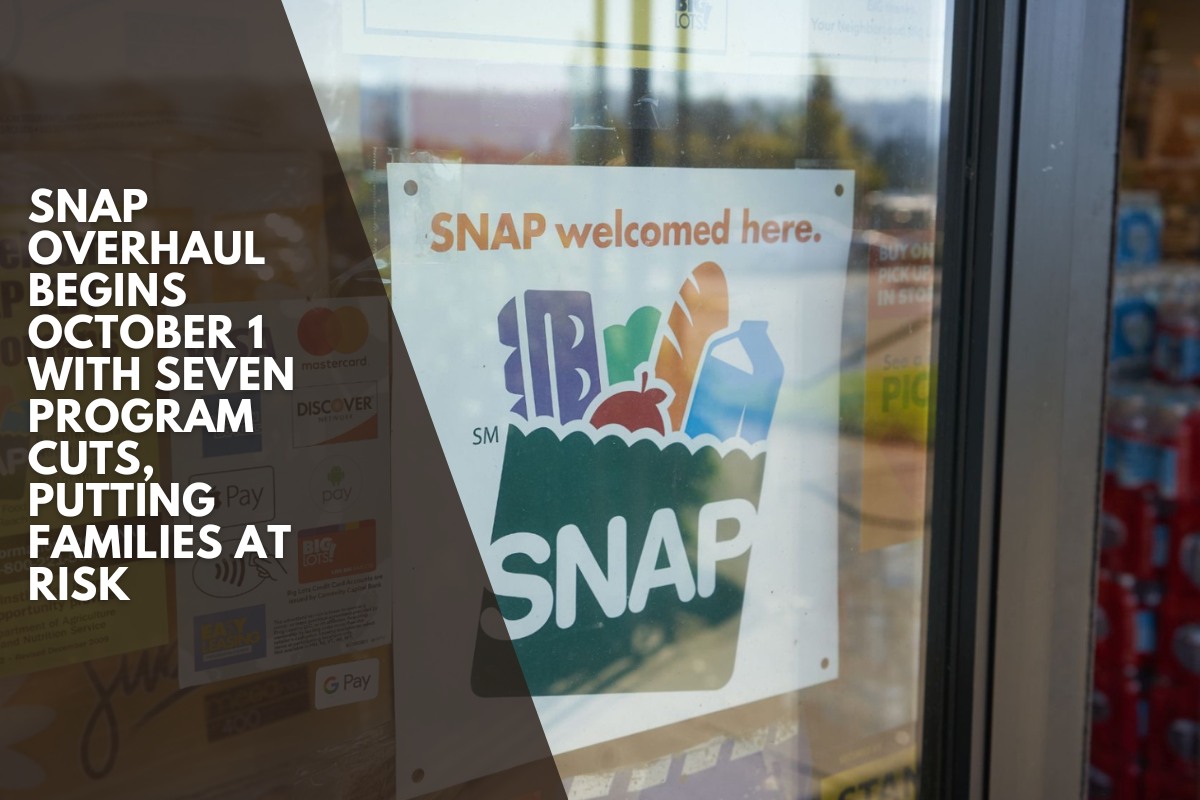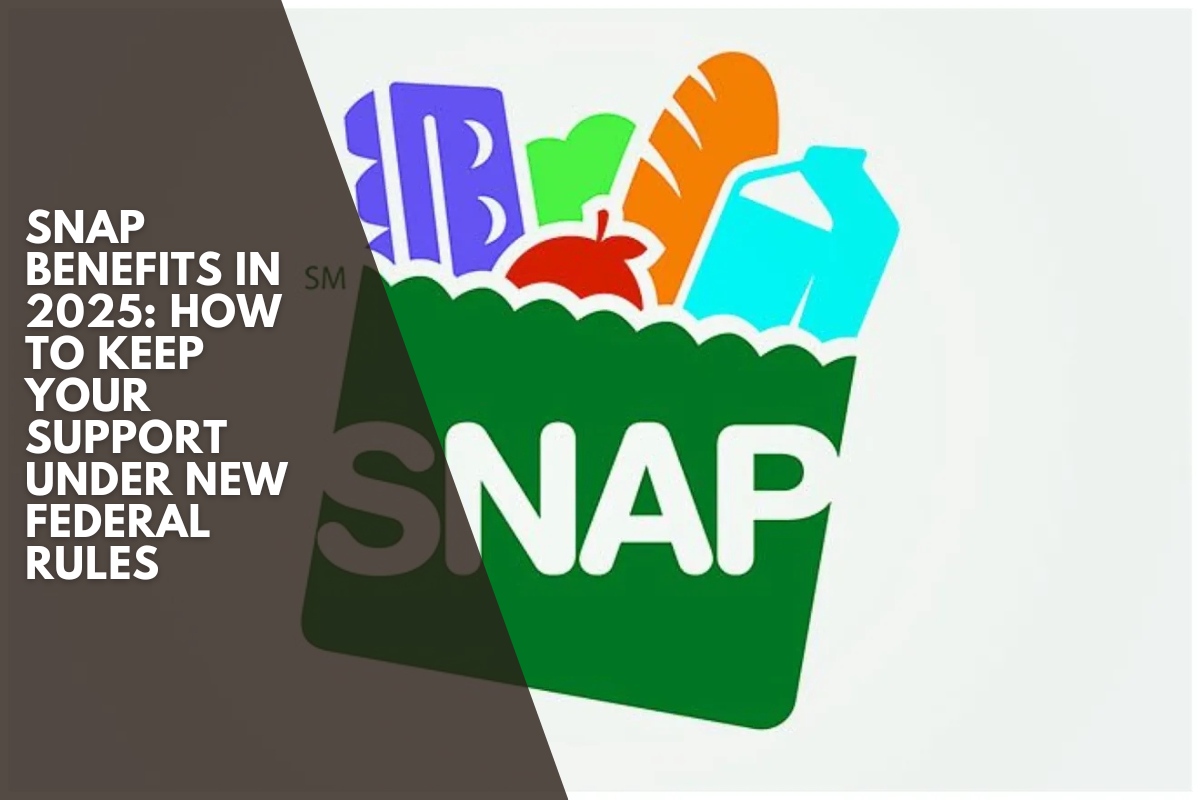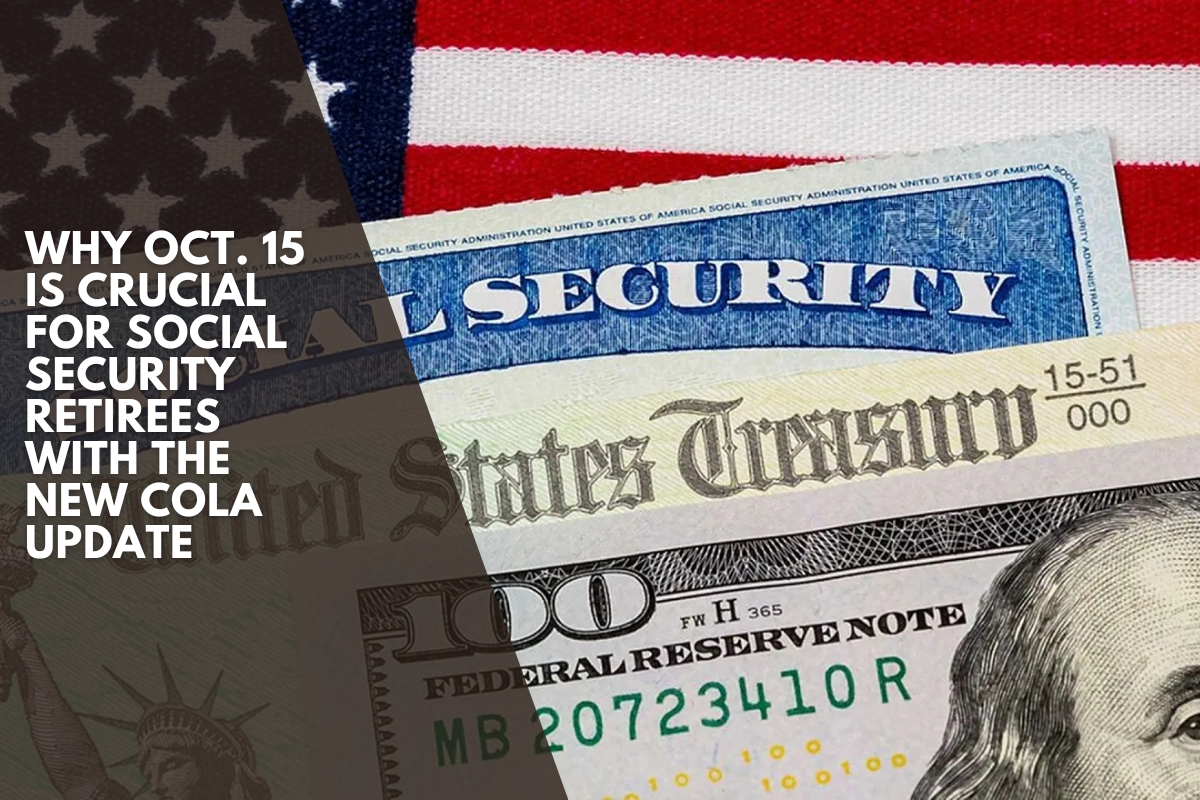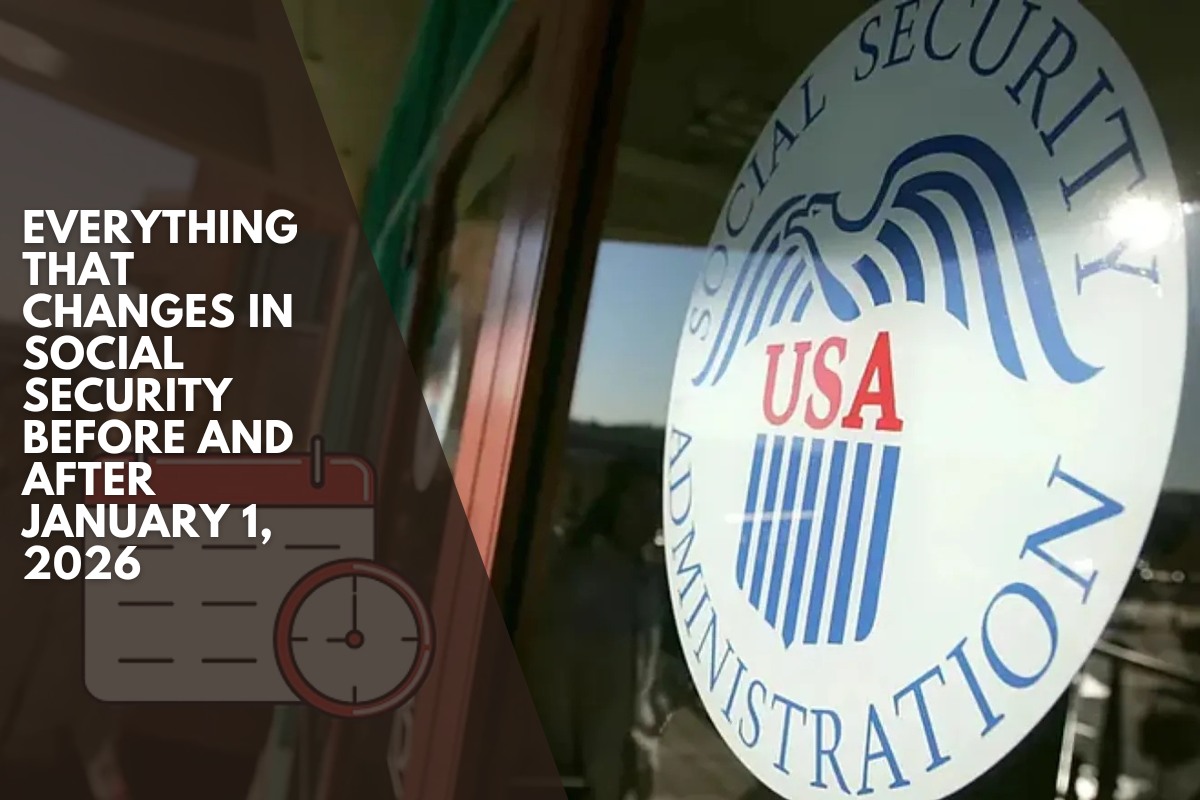Starting this summer, millions of Americans with defaulted federal student loans will face tough debt collection actions again. This includes wage garnishment, tax refund seizures, and cuts to Social Security benefits. These actions resumed after the pause during the pandemic ended on May 5, 2025.
What Is Wage Garnishment?
Wage garnishment means the government tells your employer to take part of your paycheck to repay your defaulted student loan. Usually, up to 15% of your disposable income (money left after taxes) can be taken. The government can also take your tax refunds or reduce your Social Security payments to collect the debt. These can seriously affect your finances.
As of early 2025, about 5.3 million people have defaulted federal student loans and many face these collection actions.
What Can You Do Before Wage Garnishment Starts?
If your loans are in default or you’re worried about it, here are steps to stop or avoid wage garnishment:
1. Rehabilitate Your Loan
Make nine on-time monthly payments in a row. These payments are usually about 15% of your yearly extra income divided by 12 months. When you finish rehabilitation, your loan is no longer in default, and collections like wage garnishment will stop.
2. Consolidate Your Loans
You can combine your defaulted loans into one Direct Consolidation Loan. To qualify, you must either:
- Make three on-time payments on your defaulted loans, or
- Agree to pay the new consolidation loan using an income-driven plan.
This can restore your loan status and stop wage garnishment.
3. Request a Hearing
If wage garnishment would cause you serious financial problems, you can ask for a hearing. You must send a written request within 30 days after you get the garnishment notice. At the hearing, you can explain your financial situation and try to stop the garnishment.
4. Pay Off Your Loan in Full
If you can, paying the whole loan amount at once will stop wage garnishment immediately. This may not be possible for everyone but gives full relief from debt.
Wage garnishment and other harsh collection actions on defaulted student loans are returning this summer after pandemic protections ended. If you have defaulted loans, act now by rehabilitating or consolidating your loans, requesting a hearing, or paying off your debt to protect your paycheck and benefits.












